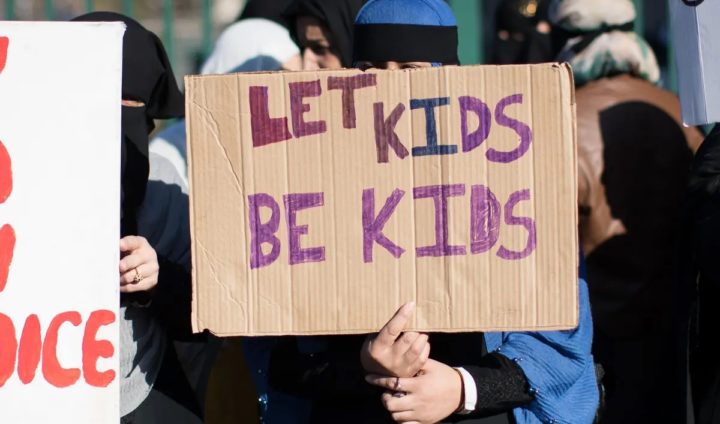Muslims in the Western world are actively participating in a significant social movement that goes beyond religious or ethnic boundaries. Recent protests against the inclusion of LGBTQ content in school curricula have seen Muslim parents taking a prominent role as organisers and demonstrators. Their visible presence is generating a substantial impact on social media.
Parents have legitimate concerns about the material being taught in schools, such as books discussing homosexuality and transgenderism for children as young as three years old. They argue that it is ideological indoctrination, infringing upon their rights and contradicting their religious beliefs.
In response, a statement titled “Navigating Differences: Clarifying Sexual and Gender Ethics in Islam” has been drafted and endorsed by over 300 Islamic scholars and preachers in North America. The statement emphasises the non-negotiable Islamic position on sexuality and gender ethics, aiming to safeguard the religious views of Muslim parents, educators, students, and professionals from legal consequences.
While these protests are primarily about asserting moral agency rather than aligning with any political group, they have been wrongly labeled as right-wing and associated with conservative media outlets. However, it is important for Muslims to maintain their moral values based on faith rather than specific political ideologies.
Following the tragic events of 9/11, Muslims in North America faced widespread discrimination and hostility. To survive, many sought refuge within liberal political parties that seemed more sympathetic to their cause. However, aligning with the left meant adopting a range of causes that did not always align with Islamic ethics. Some progressive Muslims even attempted to reinterpret the Quran to endorse alternative sexual lifestyles and same-sex marriages.
It is crucial to distinguish between desires, which are not inherently sinful, and actions, which may be considered sinful within Islamic law. Muslims who struggle with same-sex desires but strive to adhere to Islamic principles should be embraced and supported. However, it is important for Muslim politicians and influencers not to make religious claims on behalf of the entire faith.
Muslims should be wary of swinging from one extreme to another in response to societal moral decay. Politics should not dictate ideology, and ideology should transcend partisan divisions. Muslims should anchor their beliefs in their unyielding faith, guided by the teachings of Islam, and serve as moral exemplars for humanity.
Sources: Al Jazeera







